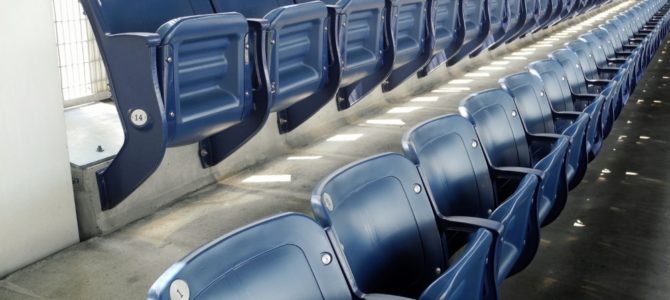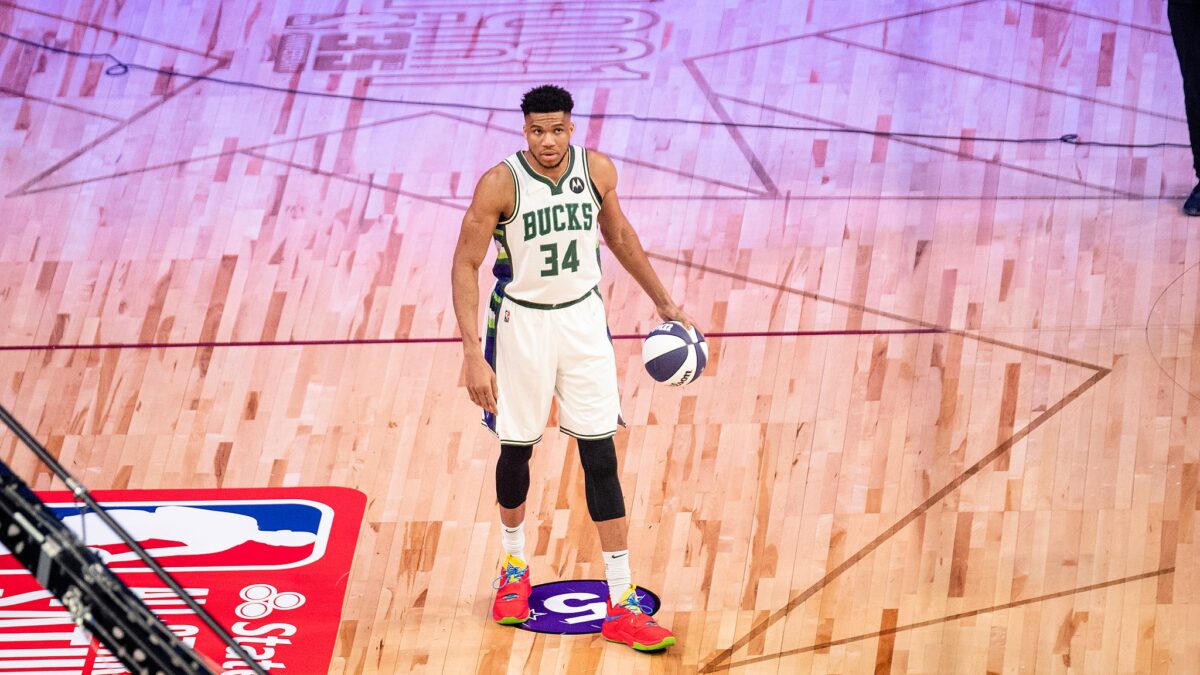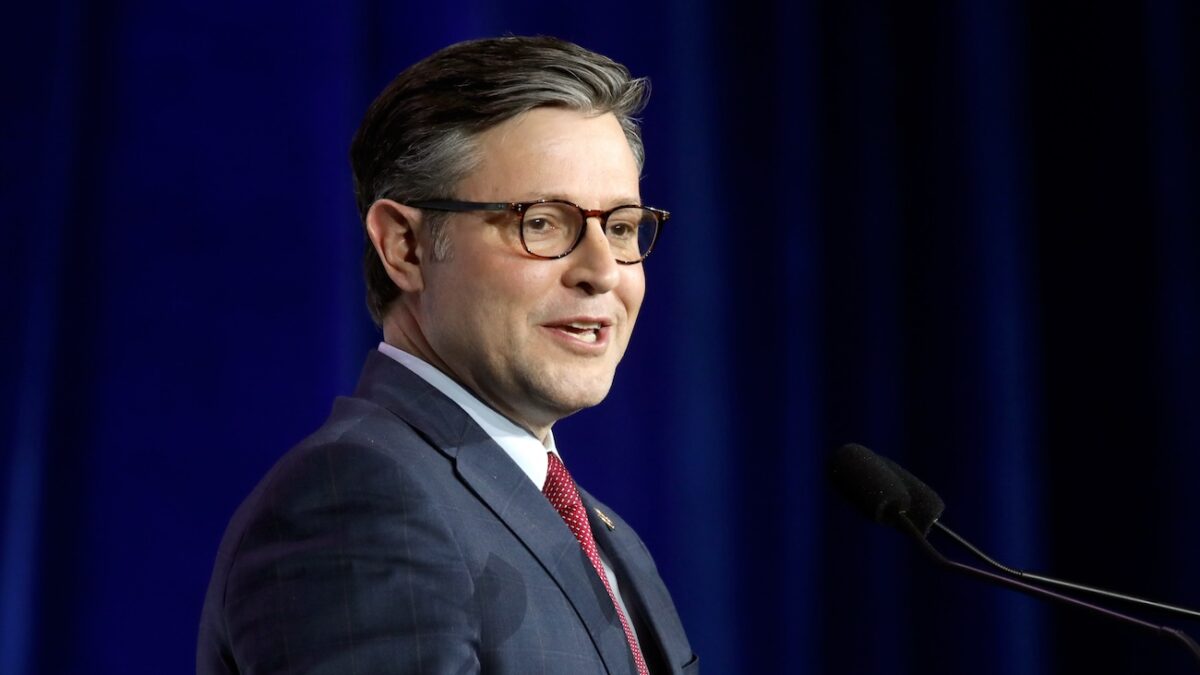
Major League Baseball is fiddling while American cities burn. As billionaire owners and millionaire athletes can’t get their collective acts together, the 2020 season is on the verge of being rained out.
Yet the myopic Commissioner Rob Manfred, mustering all the power of hitting the forkball with a wet noodle, guaranteed Major League Baseball will be played in 2020. “We’re going to play baseball in 2020 — 100 percent,” said Manfred on June 10, “even if it has to be under the March 26 agreement. If we get to that point in the calendar, so be it. But, one way or the other, we’re playing major league baseball.”
But that was June 10. By June 15, Manfred appeared to backpedal, telling Mike Greenberg at EPSN, “I’m not confident. I think there’s real risk, and as long as there’s no dialogue, that real risk is going to continue.” What a mess.
In March, the Major League Baseball Players Association (MLBPA) and Major League Baseball (MLB) agreed to allow the league to implement a schedule, and with no agreement in place, could impose a 50-game regular season, paying players “full prorated salaries worth a total of around $1.25 billion.”
Bear in mind, a proposed 89-game regular season with full prorated salaries, down from 114 games, had already been deemed a non-starter by the MLBPA. This was a deal to include expanded playoffs to 16 teams — eight from the National League and eight from the American League — for both the 2020 and 2021 seasons. Another non-starter had a 76-game MLB regular season run July 10 to October 11. With the expanded playoffs, the World Series would wrap up sometime between Chanukah and Christmas.
The MLBPA also rejected a proposed 72-game regular season at 70 percent prorated pay. Do the math: 72 games out of a traditional regular season of 162 games is but 44.4 percent of the season, yet the players would see more of their salaries than they should. The MLBPA called on the league to put forth a schedule for 2020 instead of countering the latest rejected proposal. “Further dialogue with the league would be futile. It’s time to get back to work. Tell us when and where,” said MLBPA executive director Tony Clark on Saturday, June 13.
ESPN released part of a letter it acquired, by MLBPA negotiator Bruce Meyer to MLB deputy commissioner Dan Halem, that said, “We demand that you inform us of your plans by close of business on Monday, June 15.” Yet as of the close of business June 17, despite a multi-hour meeting in Phoenix, the 2020 baseball season still hangs in the balance.
On the night of June 13, MLB released a statement, part of which said: “We are disappointed that the MLBPA has chose not to negotiate in good faith over resumption of play after MLB has made three successive proposals that would provide players, Clubs, and our fans with an amicable resolution to a very difficult situation caused by the COVID-19 pandemic.”
If players are genuinely concerned about the health risks of COVID-19, then the responsible course of action is to not play baseball in 2020. After all, a potential 50-game regular season with an extended postseason more than half as long, is, well, ridiculously stupid. Does the MLB really want to join the ranks of the NBA and the NHL — 82 and 80 games, respectively, with half the teams making the playoffs? No, thank you.
Team owners wishing to pay players a portion of their salaries should do so, under no obligation that it be mandated. On the other hand, players choosing to sit out the 2020 season should do so. There are hundreds of minor leaguers at the Double-A and Triple-A levels who are playing for $350 and $502 per week and would gladly suit up in a major league ballpark for the MLB minimum salary of $563,500.
Minor leaguers would happily volunteer to help fill out the 40-man roster. While the owners and players argue over the millions of dollars involved in revenue sharing and television deals, minor leaguers barely have enough money to pay for meals.
Regardless of the number of games to be played and the start date, MLB still desires a regular season that concludes on September 27 to avoid the postseason spilling into November (competing with football and the presidential election).
While the suggested postseason plan calls for 16 teams, another plan is limited to 12 teams, six per league — division winners and the next best three records regardless of division. The division winners with the two best records will earn a bye in a first-round, best-of-five series. The remaining division winner will play the lowest-ranked of the three non-division winners, while the other two non-division winners will face off. With no days off, the series would start September 29 with a possible game five on October 3.
The divisional series would match the two bye teams against the winners of the first round in another best of five series. These series would begin on October 5, with a possible game five on October 10, with yet another Sunday free to watch the NFL. The league championship series, seven gamers, would start on October 12 with possible game sevens on October 20.
And as October winds down, the World Series would commence on October 23, with a possible thrilling conclusion game seven on October 31 — yes, Halloween, but MLB will have its season end before November 1, and no Sunday games throughout.
If COVID-19 is not the chief concern, the major leaguers can suck it up, suit up, and take the field to play a game most of us would play for free. They’ve already rejected deals that would pay them more than they ought to be paid based upon the prorated statistics. If the schedule calls for 114 games, the players should get paid for 114 games. If 50, likewise. It’s called a contract, and if the players don’t honor it, they should be fired for breaching it.
There’s a tone-deafness to this entire fiasco that both ownership and the players seem genuinely oblivious to. The fans don’t give a rat’s tuchus about prorated salaries, revenue sharing, or television revenue.
There are roughly 40 million Americans out of work who desperately need a respite from COVID reality and race riots. Right now, what they could really use is the chance to see the American pastime in action. No one in Major League Baseball should be crying poverty.
Look, I’m a fervent capitalist. I begrudge no one his ability to make as much money as the market will withstand. If, however, Major League Baseball wants to retain its status at America’s pastime, those billionaires and millionaires had better remember who pays their salaries and keeps their stadiums open and operating. Enough. It’s time to play ball.









